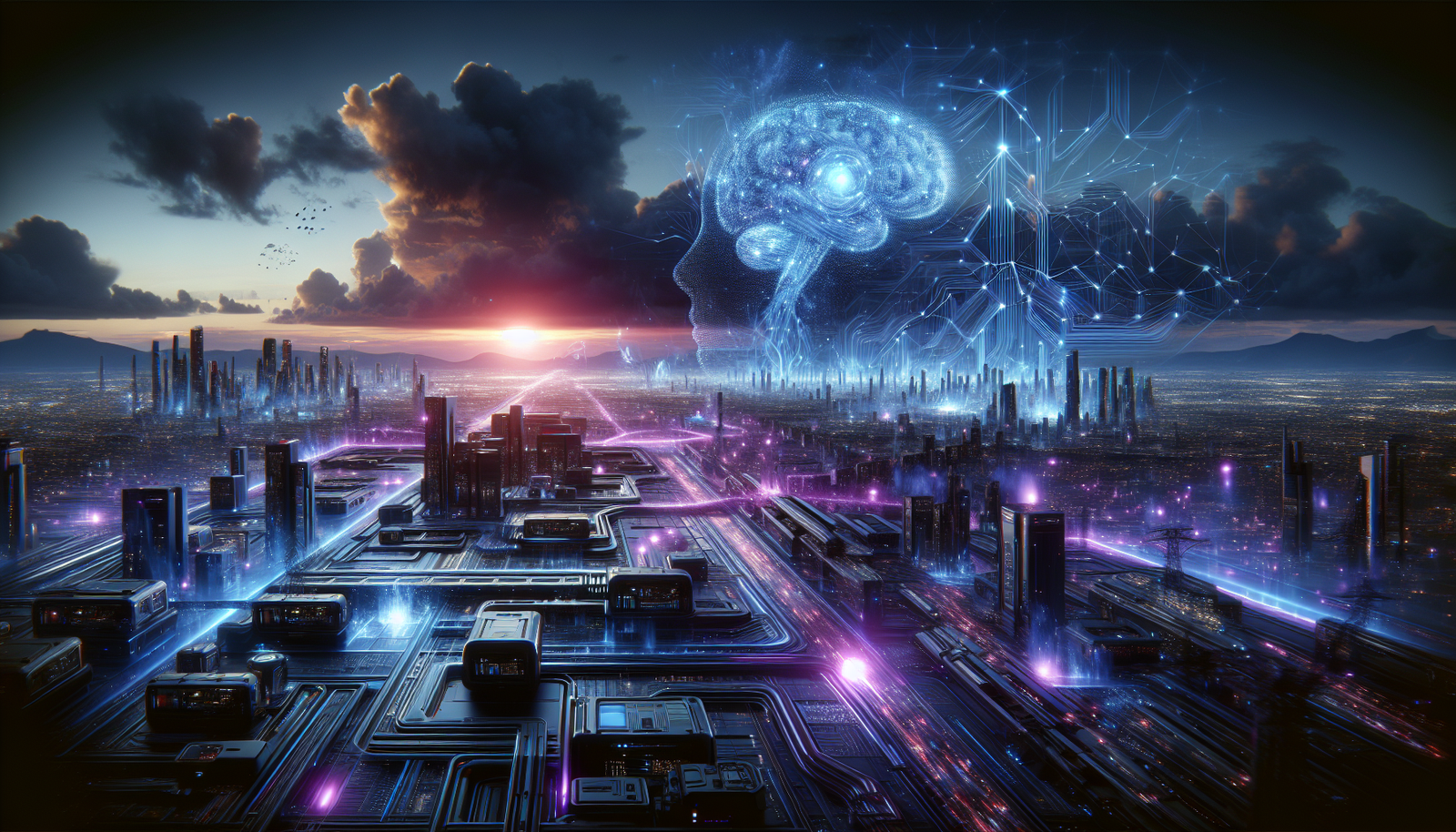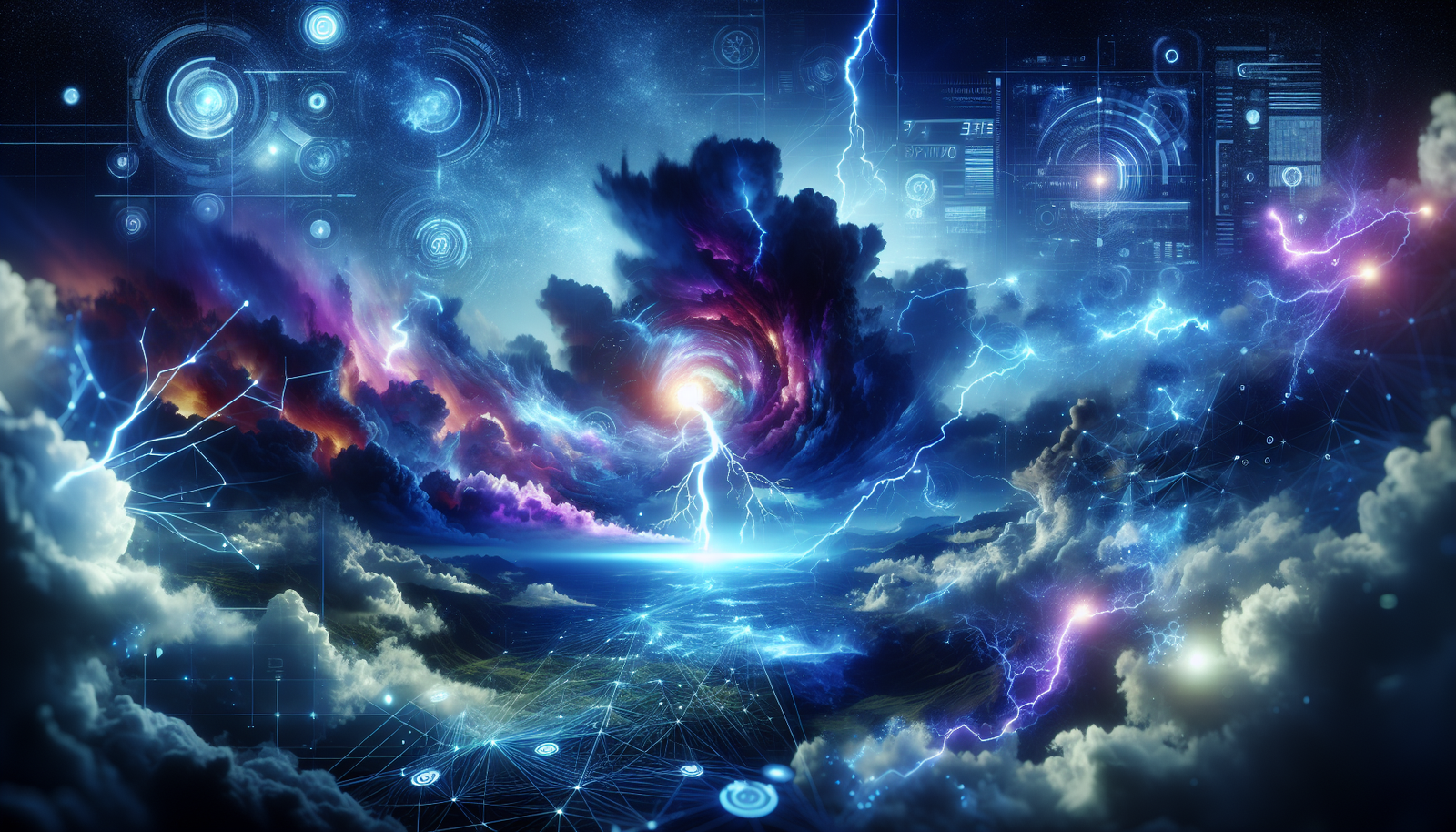The exploitation of the works of authors resonates through the ages, permeating human creativity. Currently, artificial intelligence is following suit, reproducing the mechanisms designed by creators. The artists of yesterday fed off the work of others to stimulate their own inspiration.
The debate surrounding copyright echoes in this context. Some consider this an unacceptable usurpation, while others see it as a natural continuation of artistic evolution. The rise of artificial intelligence merely adapts this ancient phenomenon, where each work finds its roots in a collective soil.
Artistic exploitation through the ages
The notion of exploitation of works is not a novelty. For centuries, creators, whether writers, artists, or scientists, have drawn inspiration from previous works. Each advancement rests on a pre-existing cultural heritage. Writers such as Ian McEwan have been influenced by major literary figures like LP Hartley and his work *The Go-Between*. This process of imitation and interpretation constitutes the very foundation of the evolution of human thought.
The impact of creativity on artificial intelligence
The concerns raised by some authors regarding the use of their work to train artificial intelligences, such as those developed by Meta, reveal a paradox. Hasn’t human creativity always fed off existing works? The defense of copyright takes on a new dimension with the emergence of these technologies. In a sense, artificial intelligence reproduces human behaviors based on reference works, which are inherently imitative.
The evolution of literary genres
Publishing houses, for their part, are not exempt from criticism. The production of bandwagon books, which imitate the style of successful works, illustrates this phenomenon. These publications reflect an inability to innovate in the face of established trends. Iconic works, such as *Nineteen Eighty-Four* by George Orwell, find their inspiration in other narratives, such as *We* by Yevgeny Zamyatin. This process of imitation acts as a lever in literary and artistic creation.
Reactions from the literary community
The Society of Authors, led by Anna Ganley, voices the frustration of many writers regarding the situation. Their anger over the use of their work is palpable. Writers declare that their material should be protected, while borrowing practices lack regulation. This anger recalls the legacy of past struggles for copyright in the artistic domain.
Reflections on the future of creation
In examining contemporary issues, it becomes evident that the interaction between human creativity and artificial intelligence raises complex questions. Who will own the rights to works generated by AI systems trained on previous creations? Although innovative, these works may not distinguish themselves from ideas already borrowed from human creators. This reflection leads to considering the future of artificial intelligence as a mirror of human creativity.
Creative workers and professionals in this field feel an increasing ambiguity. Rapid changes in the creative industry raise questions about the sustainability of established compensation models. Compared to the past, the current context is more perilous due to the extent of technological use.
The ethical issues of AI in artistic creation
Ethical concerns are increasingly pressing. The emergence of images inspired by the style of Studio Ghibli generated by artificial intelligences spurs debates on copyright. Artists fear that their distinct styles may be exploited without consent or compensation. The need for clear legislation becomes paramount to protect creators from the impact of poorly regulated exploitation.
Frequently asked questions about the exploitation of authors’ works and AI
What is the difference between the use of others’ works by AI and plagiarism?
The use of works by AI often involves analyzing and synthesizing existing data to create new works, while plagiarism consists of directly copying another’s work without attribution. AI draws inspiration; plagiarism copies.
Do authors have the right to claim copyright on AI-generated creations?
This remains a subject of debate. Currently, copyright is generally recognized for human-created works, but there are discussions on how AI fits into this legal framework.
How does AI contribute to human creativity?
AI can serve as a tool that assists creators by providing ideas, generating suggestions, or facilitating the creative process, just as artists have always been influenced by their predecessors.
Are there historical precedents for the exploitation of creative works?
Yes, for as long as there have been artists and writers, they have drawn inspiration from one another. Authors like Ian McEwan or George Orwell have clearly been influenced by other works, which is part of the creative process.
Do AI models actually learn from human art?
Yes, AI models analyze existing works to synthesize elements and create new content. This learning reflects how humans inspire one another.
Are technological innovations in art always controversial?
Yes, every new technology that alters the creative landscape provokes debate. AI is part of this, just as photographic devices or editing software were once controversial.
How do copyright laws apply to works generated by AI?
The copyright of AI-generated works is still a matter of legal discussion, but currently, they are generally attributed to the person who designed or trained the AI system.
Can AI undermine the originality of human creations?
While there are fears that AI may produce standardized works, it can also encourage a new form of creativity, enhancing originality and paving the way for new ideas.






